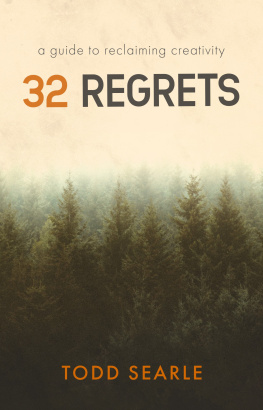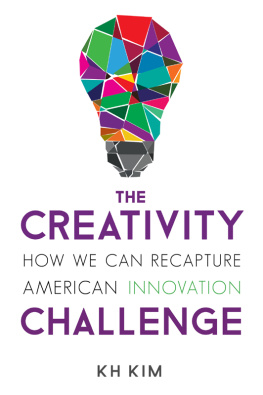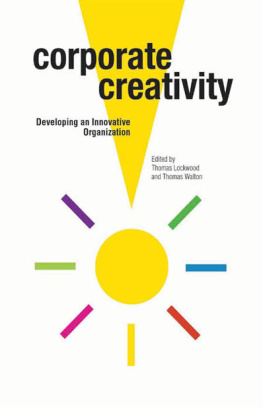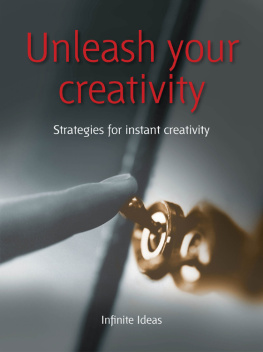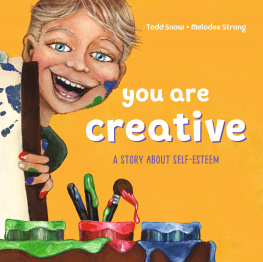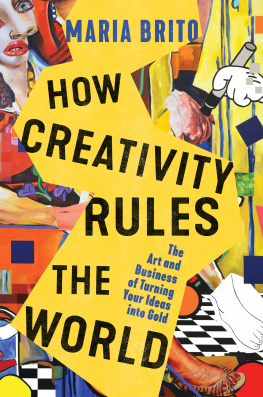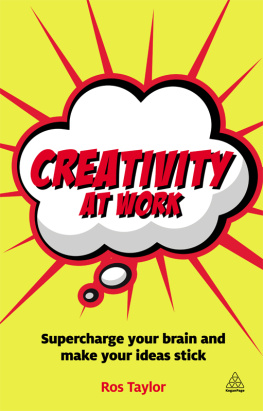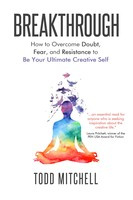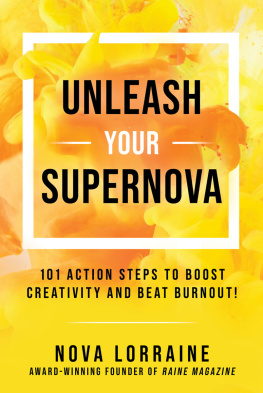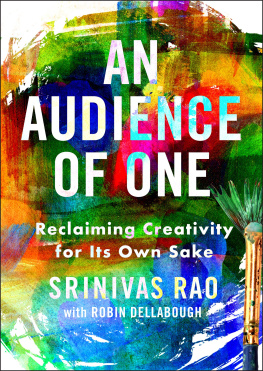Introduction
All creators know that when they venture beyond the frontiers of the known, they can invent theextraordinary.
Dom Perignon Marketing Campaign
Beginnings
I sat in the parking lot of an office park in a suburb of Columbus, Ohio, trying to talk myself into opening the car door. I dreaded having to get out and walk into work. One foot in front of the other, I told myself. But another part of my brain said, Stay in the car, turn the key, back out of this spot, and go home. As I sat there arguing with myself, I started to feel a bit like Cameron Frye in Ferris Buellers Day Off: Ill go, Ill go, Ill go, Ill go... shit.
My first job in corporate America came in the form of merchandising for Abercrombie & Fitch. I served as an assistant merchant, managing a team of designers based in Columbus working with factories in Vietnam and China to deliver clothing on time and on budget. The work sounds very creative, and in an ideal world it would be more creative, but I found myself facing the same few issues over and over. Generating new ideas to solve our problems was creative and fulfilling, but they were sometimes few and far between, which is exactly what you want in a businesssteady progress.
While the designers created new styles and dreamed up new color schemes, graphic designers changed logos and logo placement, and technical designers drafted measurements and specifications on garment sizing. Merchandise planners told me when I needed to have orders land to get them into stores on time. Someone else cut the purchase orders. All that was left for me was to be the conduit through which information flowed from our headquarters to our factories in Vietnam and China.
As it turned out, I mostly argued over pricing, shipping method, and delivery dates via email. The lack of real ownership of the creative process led to a growing resentment and dread of having to go into the office. I knew I wasnt genuinely excited for this work and wanted to be in a more creative role, actually developing ideas and looking for new trends, but I wasnt sure how to make the transition. I began to look at entrepreneurs to see what projects were coming to life in the world around me, and I began to wonder if they were that much smarter or that much more business-savvy than I was. And I began a quest to find out.
But like any great twenty-three-year-old, I did not have much perspective on the world around me. So I left A&F without the knowledge I might have gained had I stayed. I wasnt sure where to go, so I moved back in with my mom and began looking for the next adventure.
I jumped from one job to the next, working at a ski resort and then leaving that place to work in sourcing and product development for a plastics manufacturing startup. Leaving that job, I decided that pursuing a masters degree in security studies would help me move into working in government. I achieved this masters, worked in federal consulting for a bit, and again felt the pull to start my own project.
While pursuing my masters, I received some funding to start a company to use drones for avalanche mitigation at ski resorts. I was slightly ahead of government regulations regarding the commercial use of drones and didnt recruit an adviser onto the project to help guide me. I traveled to conferences and worked on a business plan, but on a day to day basis, I really didnt know what I was doing or what I was supposed to be doing.
As a result, I failed completely to get a business set up. I didnt manage to commit to this idea and felt like a total failure. In working for myself from home, I didnt manage my time effectively and set unrealistic timelines for when each part of the project would be due. So I returned to working in government.
Working in government was a fantastic experience. I met some incredibly motivated, talented, and caring people, and I got to work on projects that impacted the agencies I spent time working for and consulting with. I, however, could not overcome the large sense of apathy and bureaucracy within the government; it didnt suit me. I grew tired with the layers of bureaucracy and red tape and became interested in tech and software companies for their agile, wear many hats versatility and the opportunity to work on multiple facets of the business.
I started to convince myself that working in a tech startup would be the answer. So I found a job with a software startup, which had freedom and autonomy for a young guy who wanted to learn and try and fail and wake up the next day to do it all over again. And, for a while, working in a startup was amazing. I got to help build strategies, develop business plans, and work with clients across industries. I found that, as the startup scaled, I was pulled in many different directions. At first, I was able to plan and prepare for client challenges. But as we scaled, the pace and intensity of problems scaled with us, and I was no longer able to create unique solutions to each problemI simply had to react to each one as it came.
Eventually, reacting to client issues and meeting client demands took so much of my time and energy that I was exhausted at the end of each day. I had no motivation left to create for myself; I was simply drained.
As I worked and moved from job to job, I was excited with each new opportunity. Inevitably, I felt the guilt, shame, and pangs of regret for taking a new job rather than the time to invest in myself, figure out a course to travel, and give myself time and space for my own creative project.
Throughout the course of my career, I started journaling. I started writing every night to reflect on the day. I wanted to learn what gave me energy, what drained my energy, and where I felt like I could have improved or what one thing really stood out from my day. When I sat down to look at ten years worth of journaling, I realized I had been talking about starting a business in one form or another.
In a 2017 journal entry, I wrote that I am feeling like a failure for not having generated a profitable business idea yet. It seems like everyone else has a startup and profits coming in the door, but I just cant seem to find an idea. Im still hung up on being outside and spending as much time in nature as possible.
In that moment I realized I was stalling on my own dreams. I learned so much from each new experience, but I had a nagging feeling that something was wrong with me. I felt that I wasnt smart enough, I couldnt commit fully to any work presented to me, I was never both feet in. I never quite had the gumption, the fire, the feeling of being completely aligned with an organizations mission. In short, I was never fulfilled in working for others. And then, out of the blue, it hit me.

